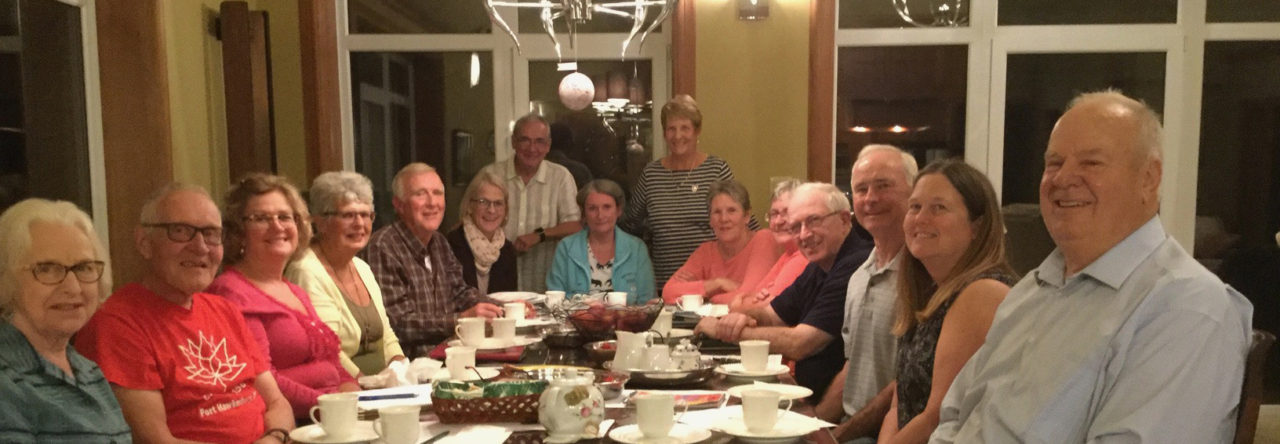Inverness County Cares (ICC) works in partnership with Chalice Canada, an international aid organization based in Halifax, to support the two schools under the name of the Kawambwa Project. The schools St. Mary and St. Odilia are located in Zambia where they educate and care for albino, blind, visually impaired and other vulnerable students.
This is the life story of one of the students at the Kawambwa school.
My names are Geshom Mwansa. I was born on 11th of December 2004. I am the last born in a family of five. My mother was incapacitated immediately after my delivery due to the complications she went through. Also, when I was born, I had a sixth finger which was cut immediately. I was kept in the hospital for almost four months and thereafter my father’s first cousin took care of me. When I was one year old, I suffered from measles and became totally blind. Life now went from bad to worse since my father who was a fisherman, could not go fishing because of my blindness. Well-wishers came on board to help me with clothes, food and other basic needs. I started school when I was 10 years old at St Mary’s Special School. There the teachers started to teach me mobility, how to eat and especially toilet training. Writing at first was a big problem. I had to learn to use a stylus. It is pen used by the blind person to form embossed (raised) dots on a paper. A Braille slate consists of multiple cells of six dots each. The slate is positioned/secured to a piece of paper with the cells forming a template to punch in the dots uniformly. The dots in each cell are arranged in one of the 26 unique combinations to form a letter of the alphabet. Here in Zambia, these two tools are very cardinal in the teaching and education of a blind child. Braille writing equipment and other teaching and learning materials are always needed to assist me and other blind pupils at school.
Today, my father who previously ran away from me, together with his cousin have come back, because now I live an independent life. My speech has improved and I am skilled at reciting poems, beating drums and playing music on a piano. I also sing well and am very intelligent in class. This year I will be writing my grade seven examinations, and I will pass and continue with my education. I would like to thank my teachers, care-takers (house parents) and many others who are helping me by providing and promoting my education to the fullest. My education depends on those mentioned above.
May God bless you all. Geshom Mwansa.
ICC always welcomes new members. Individuals who wish to donate, can use the donate button on our website http://invernesscountycares.com or send a cheque to Inverness County Cares Box 99, Judique, NS, Canada, B0E1P0. Taxation receipts provided.















